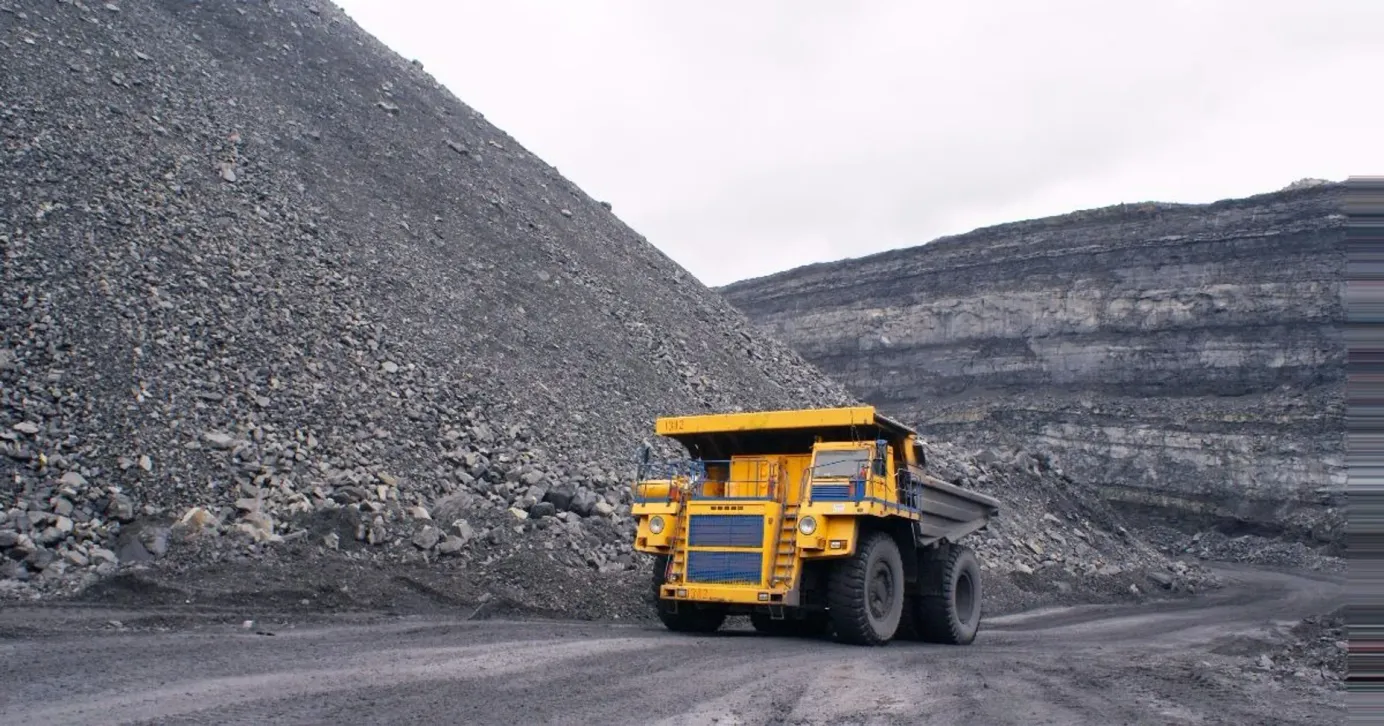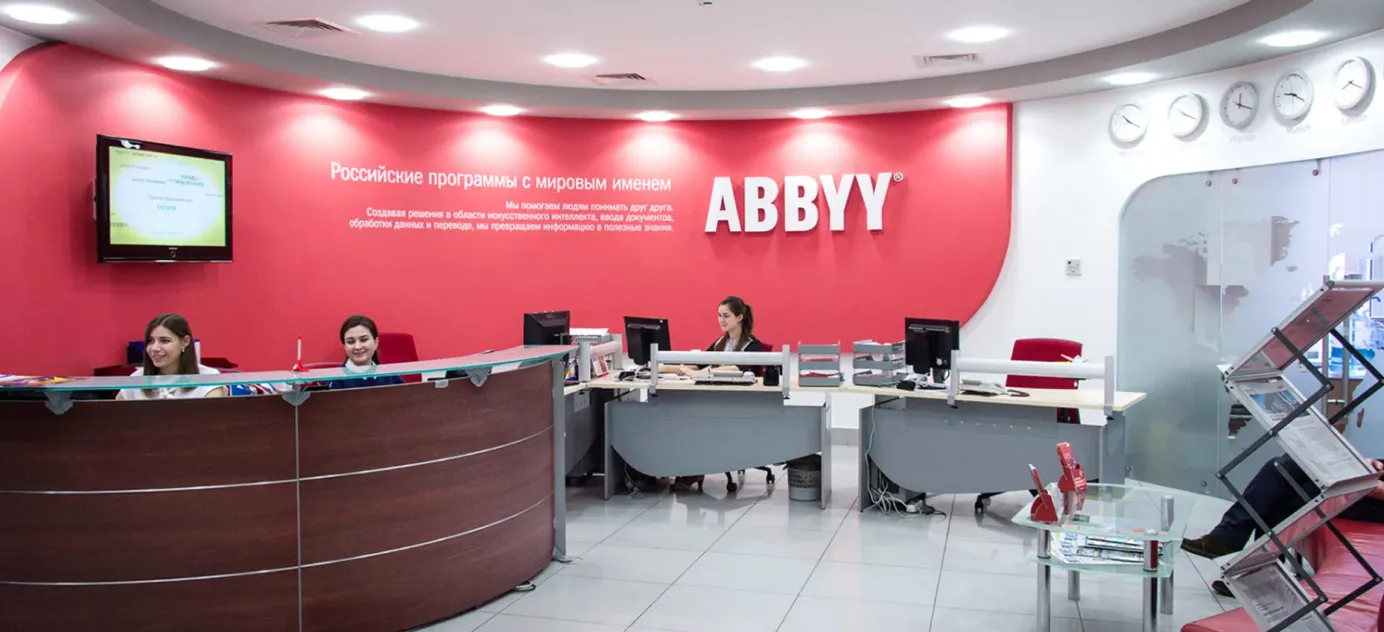
The “Russian Davos” will debate “traditional values” and how to return Russians who fled abroad
The St. Petersburg International Economic Forum (SPIEF) — known as the “Russian Davos” — kicks off next week, the second time the event has been held since Moscow invaded Ukraine. This year, organizers have banned all Western press from covering the forum, while introducing a program devoted to discussions on “ethnic conservation” and “traditional” values.
- SPIEF was traditionally seen as a major event for leading Russian businesses and, before the war, an impressive array of speakers made it a truly international gathering. In previous years, there were keynote addresses from former German Chancellor Angela Merkel, former Italian PM Matteo Renzi, former UN General Secretary Antonio Guterres, ex-OPEC general secretary Mohammed Barkindo, Chinese leader Xi Jinping and French premier Emmanuel Macron. Likewise, the forum was often accompanied by blockbuster business deals. In 2015, Gazprom and its European partners agreed to construct the Nord Stream 2 pipeline from Russia to Germany (the pipeline is no longer in use following explosions last year).
- But this time around, there will be no world-class speakers, nor any journalists from “unfriendly” nations (i.e., those who the Kremlin identifies as imposing or supporting sanctions against Russia). They were stripped of their accreditations at the 11th hour, something that has not happened since 1997.
- The slogan for this year’s forum, which runs June 14-17, is “Sovereign development — the basis of a just world, let’s join forces for future generations.” There are 140 events in the program, which includes some 1,000 speakers. However, foreigners are reluctant to attend. One federal official told The Bell: "We’re not even talking about representatives of the West. Nobody is expecting them. But even from BRICS countries there aren’t many.”
- Forum sessions are grouped into six thematic areas. According to the business program, the main topics are Russia’s sovereignty and the return of thousands of Russians that fled abroad since Moscow invaded Ukraine. The final part of the program is tagged “ethnic conservation.” These sessions include “From brain drain to influx,” “There will be people, there will be business,” “Healthy eating — healthy development” and “Act together, think as one country.
Here are a few events on the SPIEF program:
- A roundtable on why Europeans choose Russia;
- A session on investing in “traditional” values, featuring the Association of Active Pensioners;
- A session on Russia’s future, involving far-right philosopher Alexander Dugin;
- A discussion on “forming culturing values in the youth”;
- A session on the fight against fake news, featuring online pranksters Vovan and Leksus, who are notorious for pranking Western politicians, famous writers and even members of the British royal family;
- A session on how to shoot “films about heroes of labor” that attract young people into pursuing careers in engineering and similar industries (an apparent throwback to Soviet cinematography).
Why the world should care
SPIEF used to be a genuinely big event in Russia. It’s no accident that it was dubbed the “Russian Davos.” However, since the start of the war, the country has become a pariah on the global stage. Once a significant event capable of drawing the attention of Western leaders, even in the aftermath of the annexation of Crimea in 2014, it has now dwindled into a peripheral forum for discussing the “benefits” of Russia’s international isolation.



